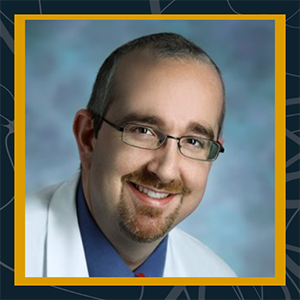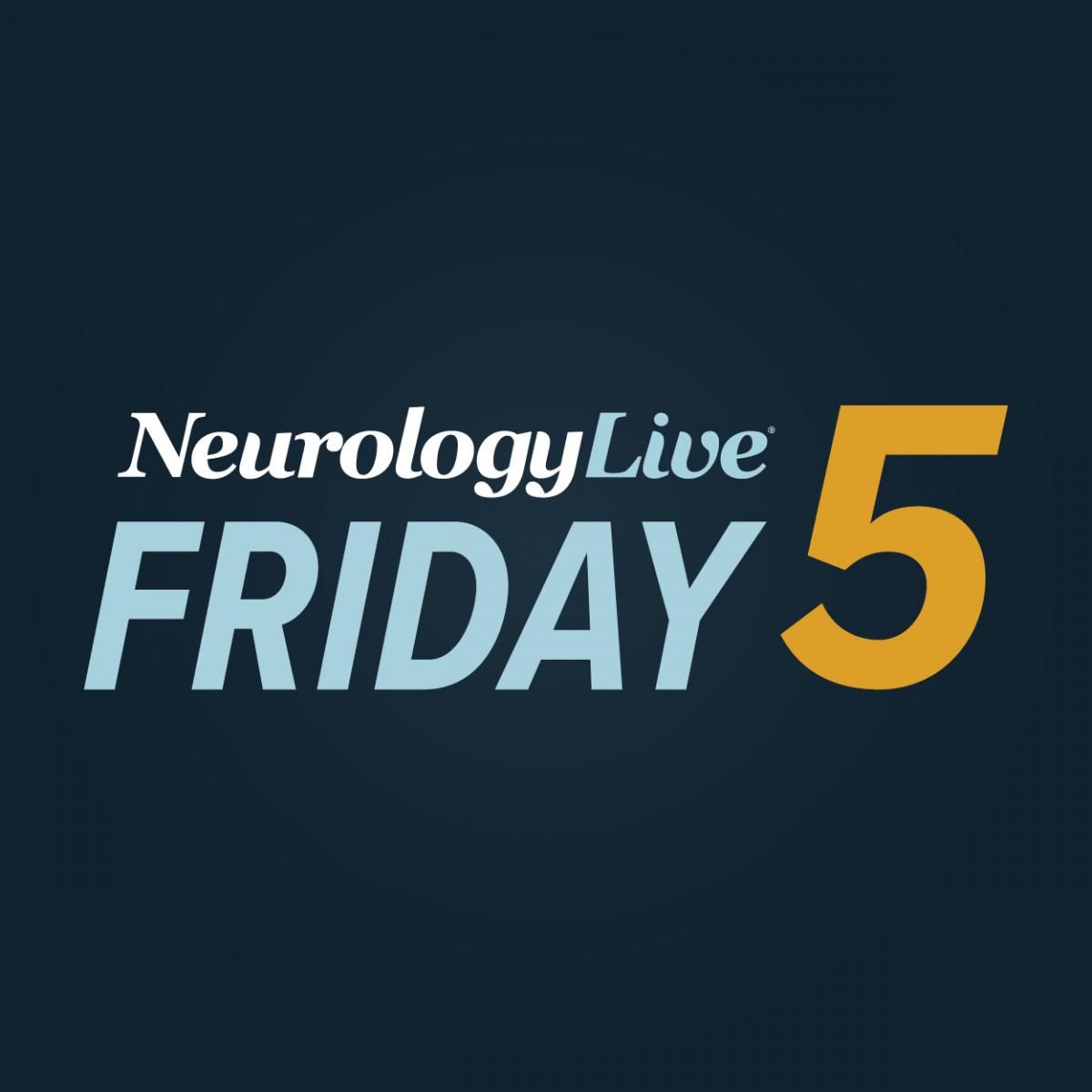Neurologists are highly trained medical professionals who play a critical role in the healthcare system in helping patients of all ages manage their conditions that can affect every aspect of their lives. Each month, NeurologyLive® shines a spotlight on the work of one neurologist, highlighting contributions to their specific field.
In recent news, Scott Newsome, DO, MSCS, FAAN, FANA, director of the Stiff Person Syndrome Center and professor of neurology at Johns Hopkins Medicine, received the 2023 Inspiration Award from the National MS Society (NMSS). The award is presented to individuals who are champions of the multiple sclerosis (MS) movement, going above and beyond to make a difference in the lives of all those affected by MS. Thus, these recognized individuals embody the Society’s mission and vision.
Newsome is currently leading the Society's ECHO MS: Learning Network, an ongoing, bi-monthly professional learning community for neurologists and MS healthcare professionals. In the learning network, which consists of 60 minute virtual sessions, experts in MS present didactics, and participants can present cases for discussion. Overall, this experience promotes collaboration between academic MS centers and general neurology providers. In honor of National MS Education and Awareness Month, Newsome, who also serves as a member of the COVID-19 Advisory Committee for NMSS and is involved with the Society's COVID-19 Guidances, had a recent conversation with NeurologyLive to share his insights as a neurologist specializing in neuroimmunology from patient care to mentoring the next generation of specialists.
Clinical Facts on Multiple Sclerosis
- A total of 2.8 million patients are estimated to live with multiple sclerosis (MS) worldwide and women are twice as likely to live with MS than men.
- The prevalence of MS has increased in every world region since 2013 but gaps in prevalence estimates persist.
- The pooled incidence rate across 75 reporting countries is 2.1 per 100,000 persons/year, and the mean age of diagnosis is 32 years.
REFERENCES
1. Walton C, King R, Rechtman L, et al. Rising prevalence of multiple sclerosis worldwide: Insights from the Atlas of MS, third edition. Mult Scler. 2020;26(14):1816-1821. doi:10.1177/1352458520970841
NeurologyLive: What are some of the main responsibilities you have in your role as a neurologist at your clinic?
I have several responsibilities that involve different aspects of clinical care. I evaluate and treat patients with various neuroimmunological disorders with a focus on MS, stiff person syndrome, and other autoimmune neurological condition that effect the central nervous system. This allows me to take part in a person’s journey with their neurological conditions and try and help where I can. I hold a few clinical leadership positions that have allowed me to help with quality improvement initiatives related to patient care and provide safe environments for the delivery of care for our patients. I am also director of our Johns Hopkins Neuroimmunology and Neurological Infectious Disease Fellowship Program which involves mentoring and training the next generation of neuroimmunologists.
Could you describe a typical day in your work as a neurologist at your clinic?
Clinic days include seeing both new and follow up patients with neuroimmunological conditions. I am passionate about helping train the next generation of neuroimmunology specialists so fellows and residents will see patients with me in order to learn how to diagnose and treat people with autoimmune neurological conditions. Non-clinic days are dedicated to administrative duties, meetings, mentoring, study related activities (e.g., clinical trials), and add on clinic patients when the need arises.
What motivated you to pursue a career in neurology, and when did you make this decision?
My motivation and passion to help patients stems back to my mother who had MS. I had the opportunity to be involved in her care at different stages of her condition. I observed first-hand how chronic conditions strip people of their autonomy and overall well-being. This was difficult to see as a child and teenager but helped me gain a perspective that I bring into my practice. I believe there is always something we can do to help patients with MS and other chronic neurological conditions even when treatment options may be limited.
What do you find most rewarding about your work as a neurologist at your clinic?
There are so many rewarding aspects of my work. In short, I love taking care of patients with autoimmune neurological conditions and being a part of the journey with their chronic condition. I also love working with trainees as this gives me the opportunity to teach and train the next generation of specialists. I feel so privileged and honored to be able to do what I do and I wake up every day with a grateful heart.
What are some of the biggest challenges you face in your role?
There are many challenges that I and others face especially in the post COVID-19 pandemic era. Instead of focusing on the negative, I try to assess where there may be opportunities to move in a positive direction. For example, can telehealth provide supplemental care for patients who you would otherwise only see once a year because of travel or financial restrictions. The bottom line is that challenges can make us stronger and help identify barriers that can be overcome.
Is there something that you wish more patients and clinicians at your clinic understood about the field?
I want others to know that we are working extremely hard to find better ways to treat patients with neurological conditions. Research takes longer than any of us want but it is important to take the necessary steps to answer important questions that will ultimately impact the care of patients with neurological conditions.
In addition to your work as a neurologist, what hobbies or interests do you have outside of the clinic?
I enjoy spending time with my family and going places together. I love seeing my kids smile and take joy in doing things that make them happy. I also enjoy watching sports including Sunday football with my wife. I like traveling to places that I have never been and trying the local cuisine of the cities or regions I am in.
Transcript edited for clarity.







